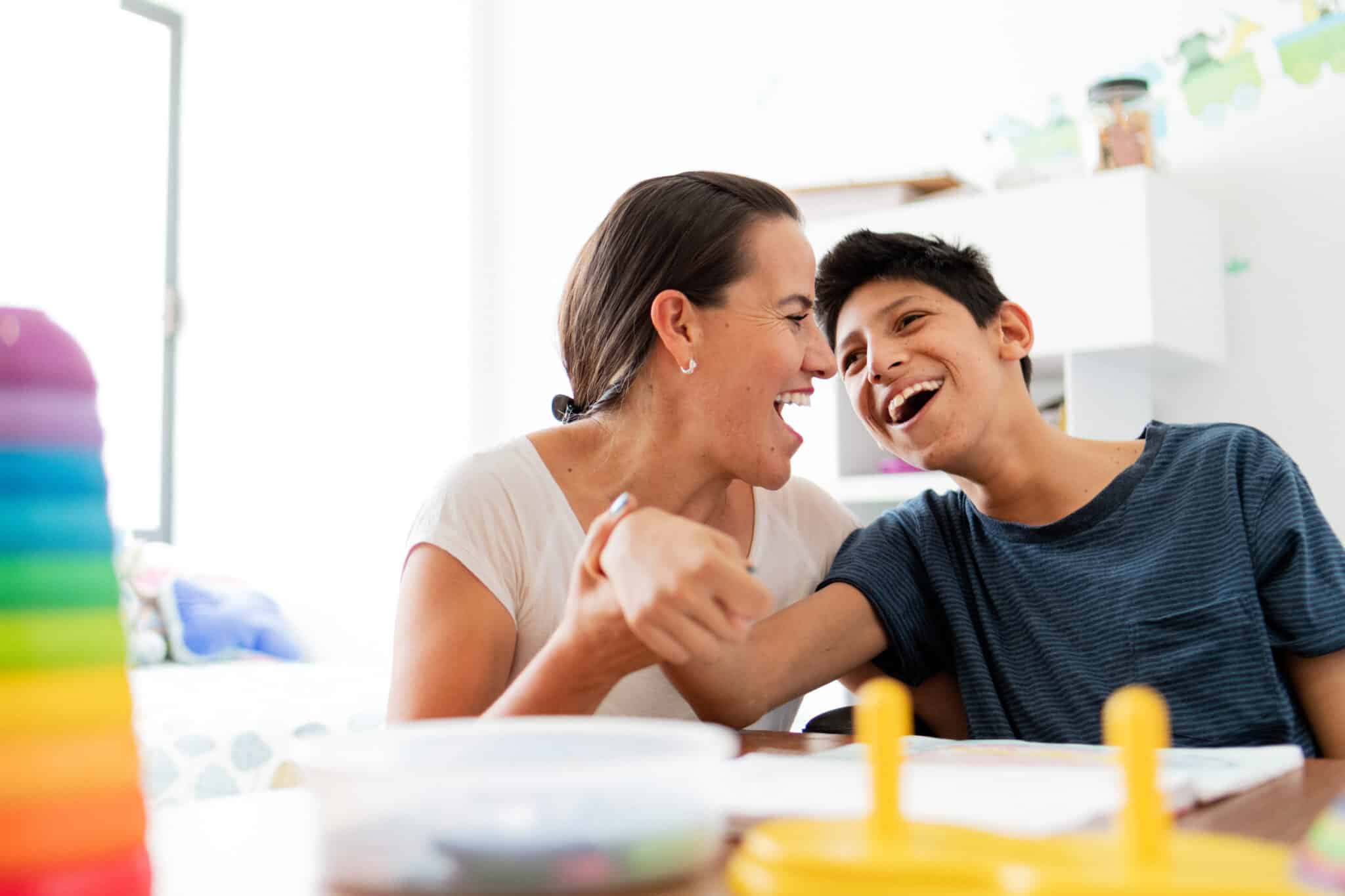Everyday life can change dramatically when your child develops a serious illness or is diagnosed with a chronic health condition. Parenting an ill child can present a wide spectrum of psychological, behavioral and emotional challenges for everyone in the household, leading to plenty of stress for all family members. Your ill child may be in pain or dealing with fears about upcoming medical procedures. Care requirements can disrupt your family’s routine. Medications may come with unwelcome side effects. And your ill child may be angry and other children may be acting out to get attention. The family often has to cope with everything simultaneously, too.
Parents have different approaches to dealing with these challenges. The American Psychological Association research found that parents who adapt well are those who:
- Create new and shared family routines that manage family stress and help the ill child develop autonomous self-care skills;
- Develop effective partnerships with their spouse and health care workers;
- Successfully utilize support outside of the family; and
- Have the flexibility to adapt as new challenges arise.
So how do you successfully parent a child who has a chronic health condition? In many of the same ways you parent your other children: by setting limits, upholding behavior standards and enforcing household rules, and disciplining appropriately. It’s important to remember that your child needs guidance and strong parenting, even though he or she is facing medical difficulties.
Here are five tips to help moms and dads successfully parent their chronically ill child.
Answer questions honestly. Your child may have many questions about his or her illness. Research the illness, gather information from doctors and be prepared to respond to questions in an age-appropriate way.
Establish a routine. After your child falls ill or receives a diagnosis, your household schedules may be drastically impacted. Activities such as caring for your children, providing medical care, getting your child to doctor’s appointments and dispensing medication take time and become a priority. Set up a schedule and establish a new routine to accommodate your new responsibilities, and be sure to set strict bed and wake times.
Provide consistent discipline. When you have a child with a serious illness, you might be tempted to let bad behavior slide. Your child may be ill, but he or she is still a child and needs discipline when behaving inappropriately. Give younger child timeouts and age-appropriate consequences, give teens a loss of privileges to curb bad behavior. But pick your battles and don’t sweat the small stuff.
Set limits. Setting limits and letting your child know your expectations can help them behave appropriately and make good choices. When your child pushes the limits, implement fair consequences.
Help your child follow the treatment plan. Encourage older children to be responsible for their own medications. An online pharmacy that custom packages multiple medications into convenient dose packs, like PersonalRX, can make it easier for teens to take the right medication at the right time on their own.
A child with a chronic illness has a hard road to recovery but their condition poses unique challenges for the household they live in. The tips in this guide will hopefully give parents some perspective and options for not only caring for their ill child, but for maintaining a routine that addresses everyone’s health needs.


